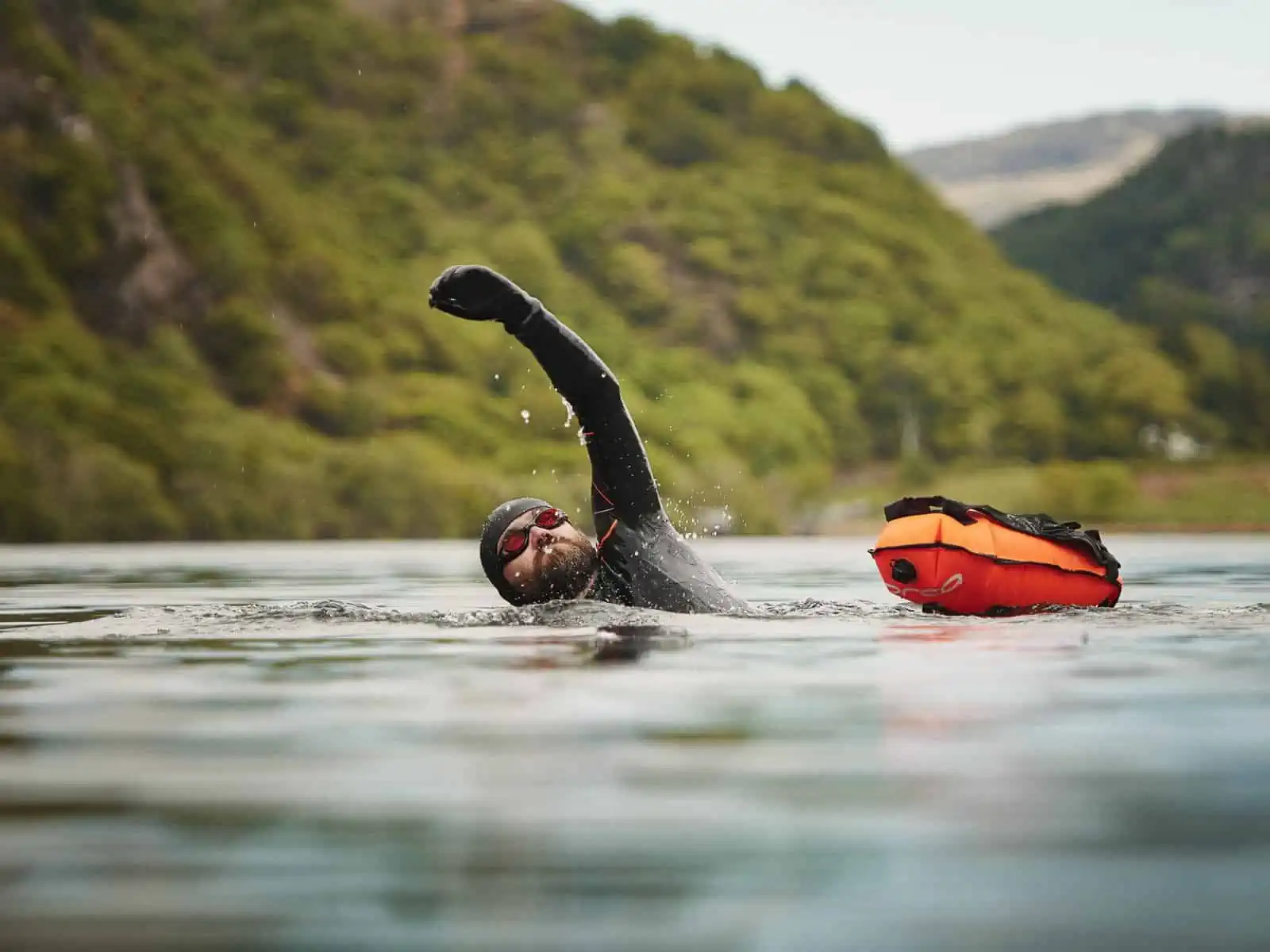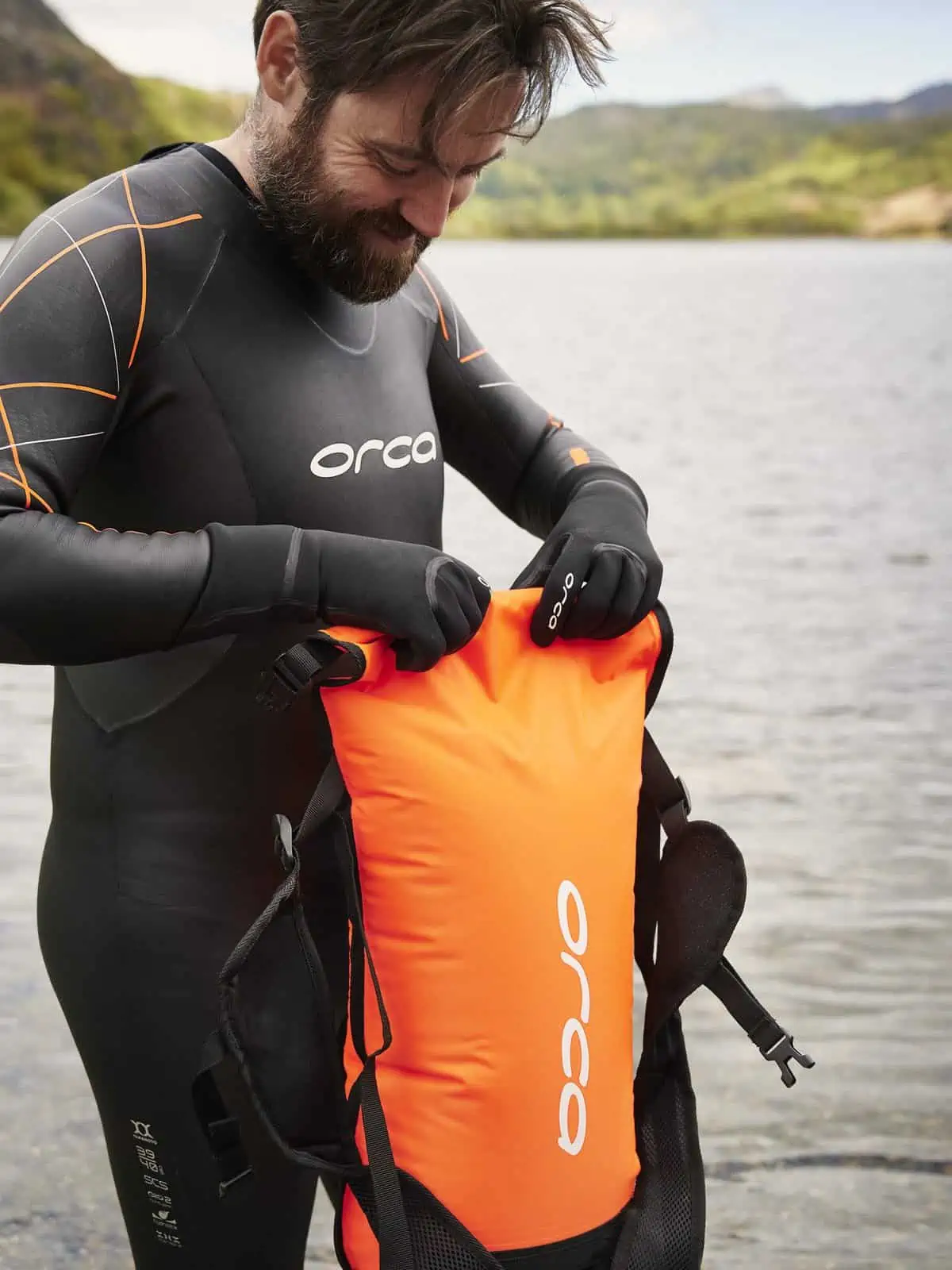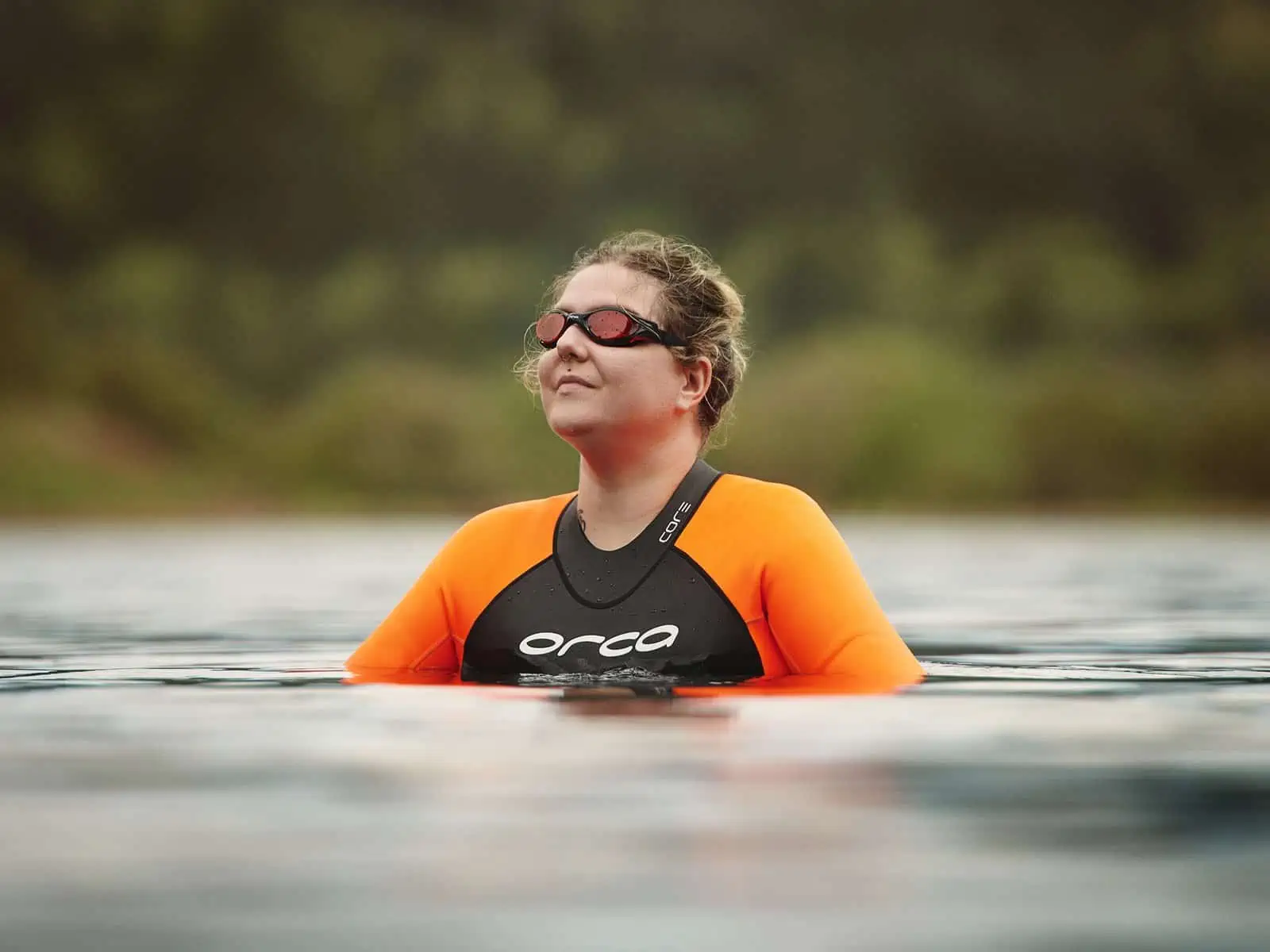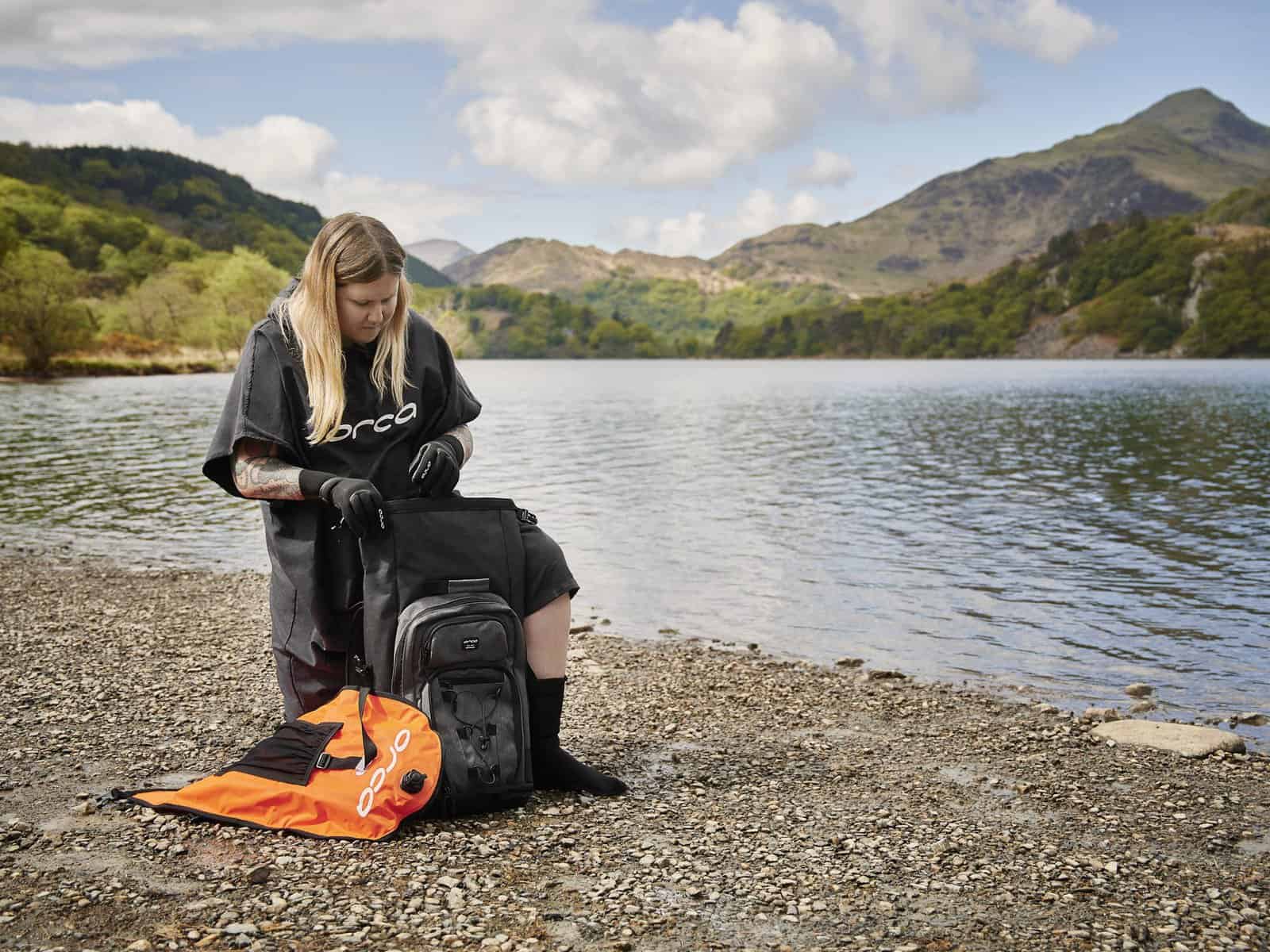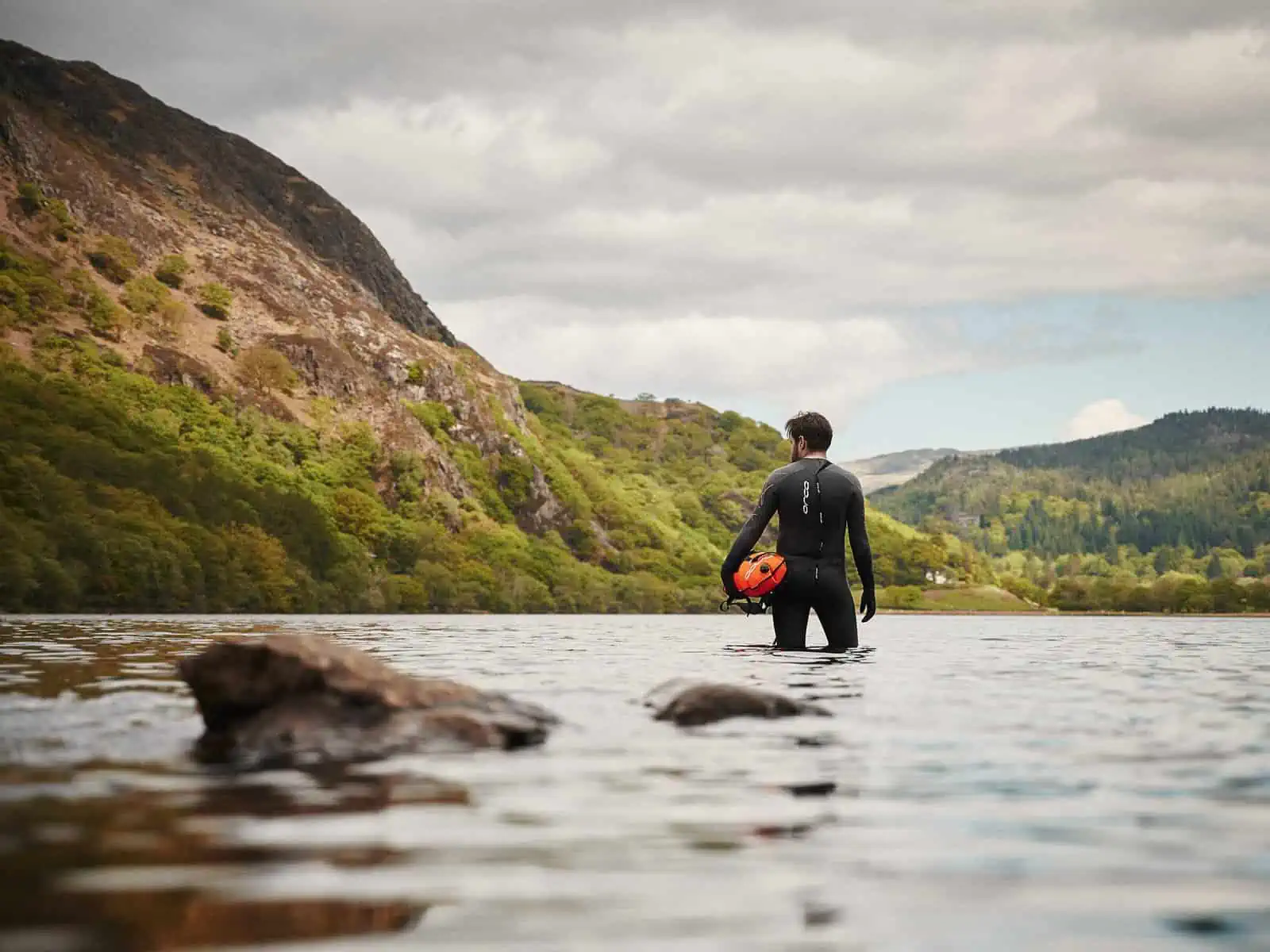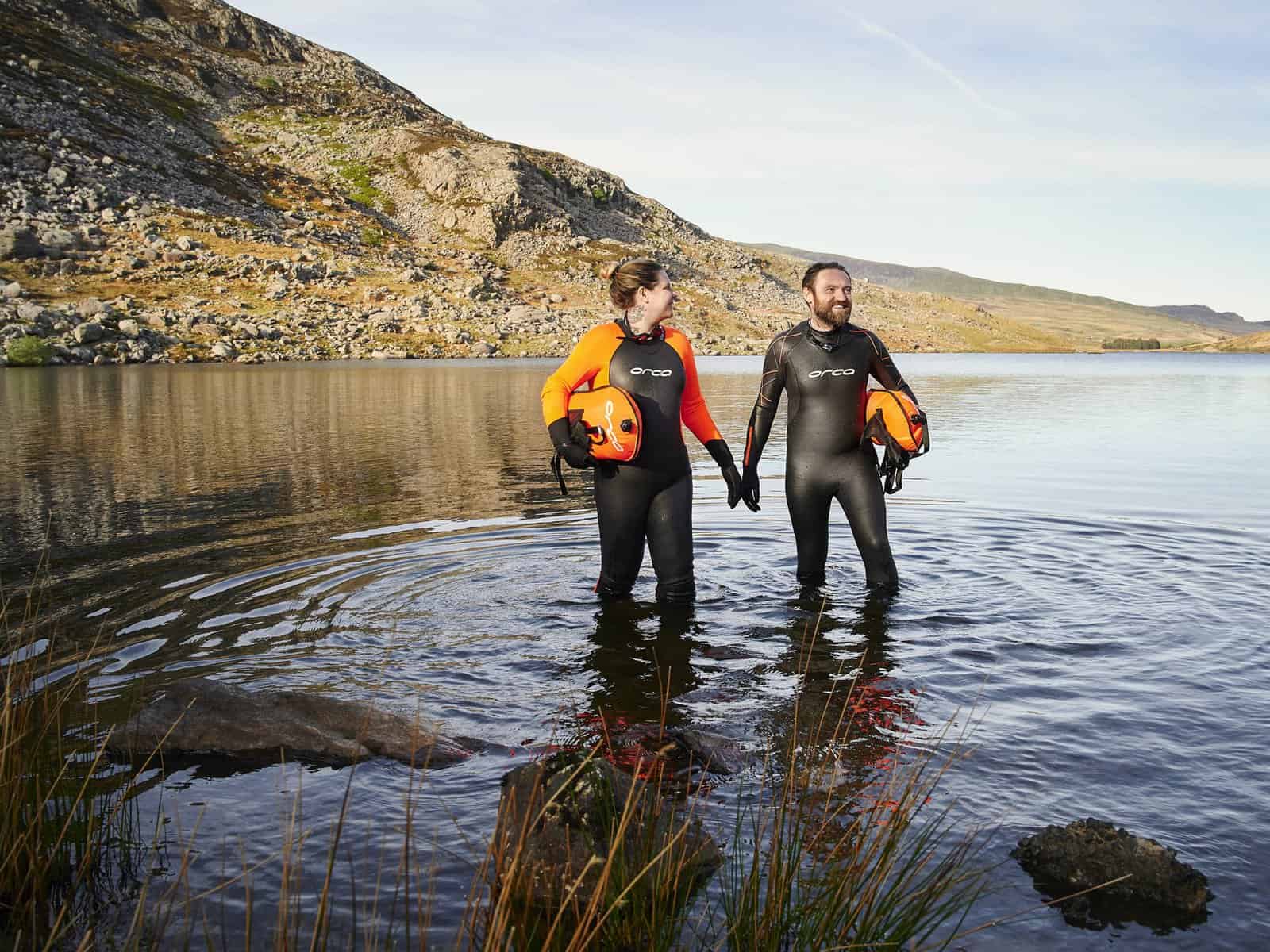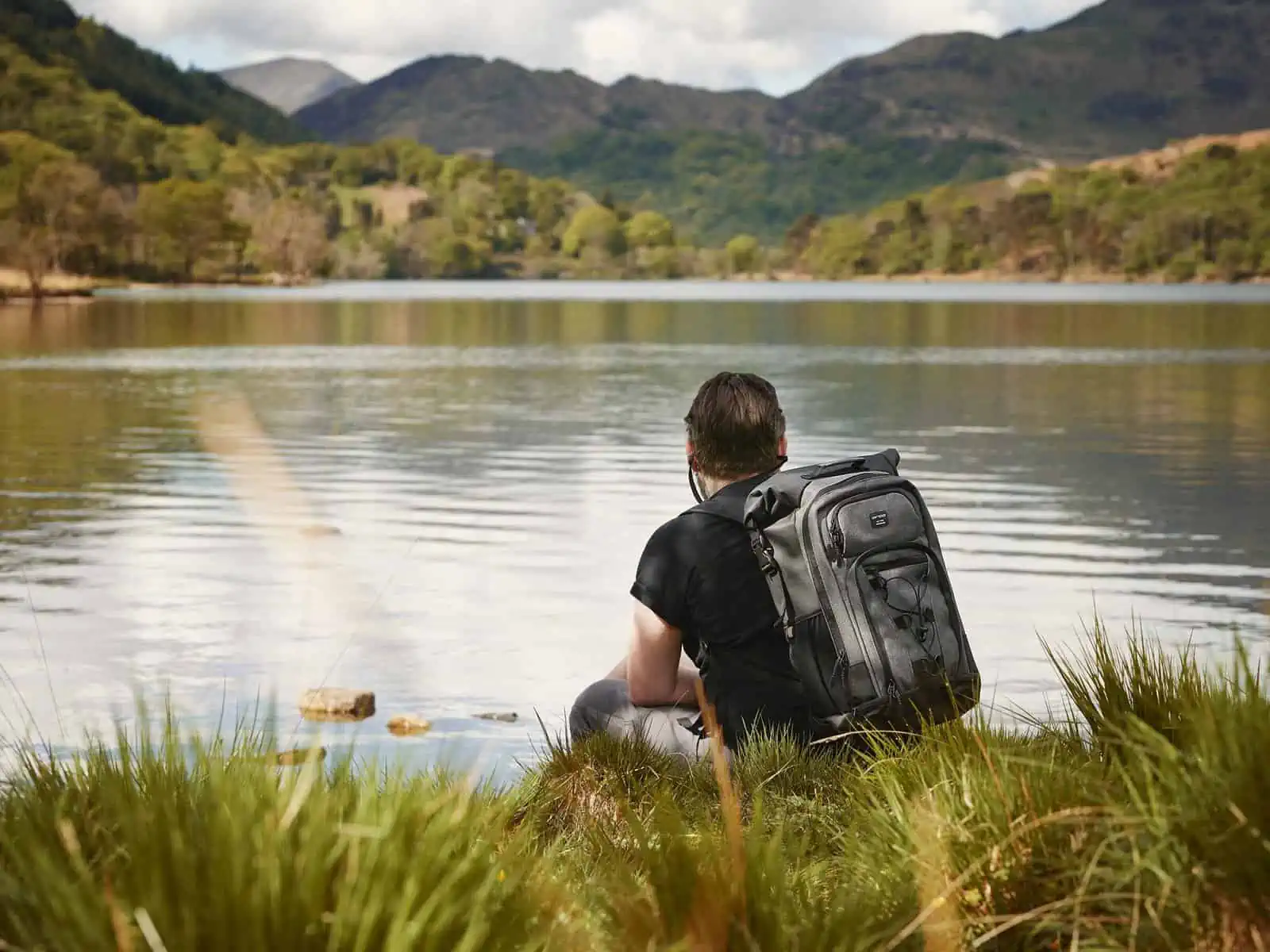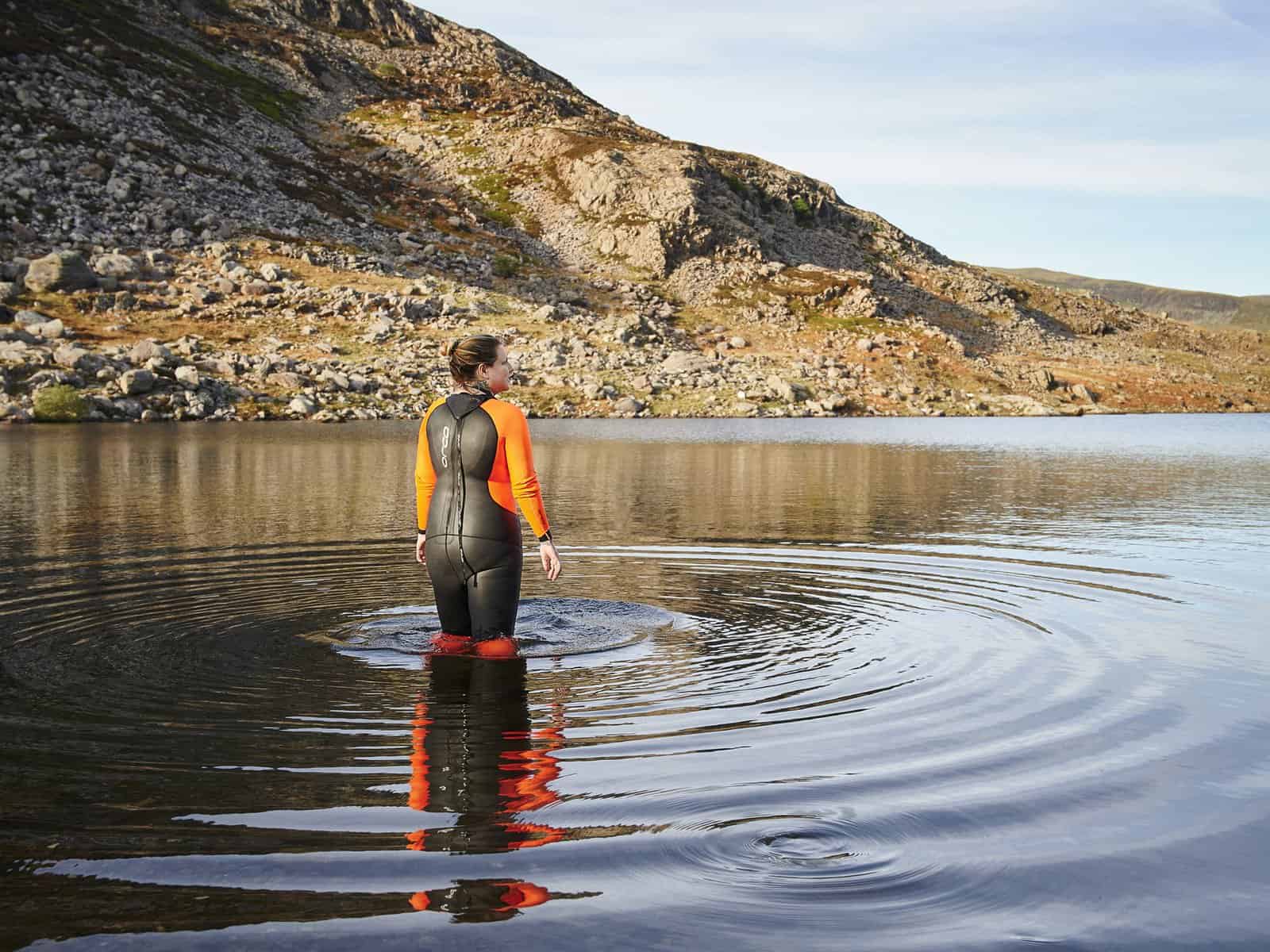About the brand: Orca believe that the health of humanity and the health of our oceans are inseparable from one another. Their products are built with longevity in mind, ensuring as minimal an impact on the environment as possible.
It’s safe to say that time spent in the great outdoors has increased in popularity a lot over the last few years – especially since the pandemic. Getting active has become a true solace for so many people and time outside is something that has continued to be a cherished way to spend time. If you’re reading here, there is a pretty good chance that you’re into the outdoors already but even so, the increase in understanding of just what an impact spending time in nature can have on our mental and physical wellbeing has increased exponentially. One area where this is particularly prevalent is the rise in popularity of water based adventure sports and it’s easy to understand why; water sports are notoriously therapeutic. It has long been reported how activities such as cold-water swimming can be an incredible mood booster – having a significant impact on things like mental health, mental wellbeing and mindset because of its mindfulness inducing properties. In terms of the body, exercise in any form releases endorphins but add in water and you’ve got an additional feeling of lightness and tranquility which can help relax aching, sore and tired muscles as well as potentially improving circulation.
Spending time in the water isn’t just good for us though, it can also help us to feel more connected to the places we are fortunate enough to experience. Over time, the love and fondness we feel from spending time in the water can really help us feel a sense of compassion for the places we visit and this can turn into a real want to protect what you love. As people who spend time in the outdoors and in the water, we’re uniquely positioned to turn the positive impact we experience from it into having a more positive impact environmentally. But how do we turn that passion into taking actionable steps to create a more sustainable way to experience and interact with nature for generations to come? In partnership with leading open water sport brand, Orca, we’ve put together four key areas to help you start to take action.
Become more inquisitive
When we visit a place to spend time in the water, we will often go through several processes to determine what we’ll do there and if it’s suitable. We’ll look at the water quality before we get in, we’ll find entry and exit routes. We’ll check to see if there are any local or public notices with regards to getting into the water. We might even test the quality of the water with a water test kit or use a thermometer to check the temperature. We can take these same skills and apply them to become more inquisitive about what is happening in the environment around you. If you look at the water in front of you, and it doesn’t feel ‘clean’ enough to spend time in, why is that? What is going on beneath the surface to make it so? If you’re seeing litter in or near the water, why is that? Where is it coming from? Are there any species of plant or animal life that are being impacted by this in a negative way? Is the area being looked after? Why are there so many people in a small section of water and is this having an impact? These are all examples that can be used to start finding out more and learn better about the spaces that we are fortunate to have access to. This sense of enquiry can be used to ask questions that can create change.
Action points to consider:
- How can you pivot your usual checks before you enter the water to include becoming more mindful of environmental impacts you might experience?
- What questions can you ask yourself to become more inquisitive of what you’re seeing?
- How could you use your unique insight to help? Who could you speak to in order to take action on this?
Turning your passion into compassion
It’s understandable that when you start to feel connected to something you start to care about it. When you care about something, you start to want to protect it. Simply put, you protect what you love. This has become increasingly obvious through the pandemic, for example, with more people than ever connecting to the local spaces they had access to. Within that, many people became increasingly aware of some of the issues that the local spaces they’d perhaps overlooked before were facing. This has had a knock on effect and has seen an increase in petitions, changes in local council policy and the preservation of areas that were in threat.
When we spend time in a space, and we become more inquisitive to what is going on around us, we have a fantastic opportunity to use our passion to create change. It might be that you live somewhere where access to open water (or lack of it) is somewhat of a contentious subject and there are petitions that you can get involved with. It might be that the area you live is facing massive waves of pollution and there are surveys that you can take part in. It could be micro plastics in the water that frustrates you and makes you feel passionate about campaigning towards better change and greater understanding on the subject. Or it could be that you are seeing litter in areas that your local council might not be aware of and you have the opportunity to make notes of the areas that are seeing this issue to be looked into further.
If you’re curious about wild swimming, why not visit our guide to cold water swimming gear for essential equipment recommendations and top tips to ensure your swim is both fun and safe.
These are a few select examples, and the action that can be taken will be completely unique to the area that you spend time in. However, there are so many ways we can take the passion we feel for the places we enjoy and turn it into compassion for those around us and the water itself to help towards more sustainable environments that can be enjoyed for years to come.
Action points to consider:
- What interests you or makes you feel passionate when it comes to the things you’re experiencing when in open water?
- What is going on locally and how could you get involved?
Enjoying sustainably
There are a whole range of areas we can look at when we want to consider how we can enjoy the spaces we spend time more sustainably. The first is about how we can best practice leave no trace. Not familiar with that term? You can learn more here. There are a number of principles within this that are incredibly important when it comes to our enjoyment of the water, but one of the most important is to make sure that what we take with us, we take away. So, making sure that we leave only footprints and take away our litter is incredibly important. That includes making sure that anything that could come loose from your possessions or fly away whilst you’re in the water – such as bags or covers – are secured.
Doing some advance research can also help you to identify if there are any times of the day or week where that area is busy or overrun with people using the water. If possible, plan to visit areas that can be busy at quieter times of the day or week. We know this isn’t always possible, but this can help to avoid over tourism and can also help to make your experience be a more pleasant one. We know that there are going to undoubtedly be places that are at the top of your list to experience, but if you find a spot that looks busy, spending a little bit of time looking at a map and finding an alternative can be a really great way to make the most of the area. If the body of water is large enough, it could even be as simple as finding a quieter spot further down the bay or along the shore.
Starting out as wild swimmer can be daunting. Our guide offers top gear recommendations and essential tips to help get you into the water.
When thinking about the impact we can have on a space as well, it’s important to think about the products that we might have used on our bodies also. The use of sun cream is a good example – some of which can contain harmful materials that can have a negative impact on delicate eco systems. Switching to a cream that is biodegradable is a good shout here. Safety is another key area to enjoying an area sustainably so assessing an area to see if it is right for you is really important. Depth, temperature, and conditions can be really important here – so if you don’t feel confident, it isn’t worth taking the risk.
Action points to consider:
- What changes or updates could you make to experience the water more sustainably?
Using Your Voice and Story
When you spend time in a body of water, you are uniquely positioned to talk about what you’re seeing from a first person perspective. Nobody else has this unique insight and the same set of emotions that you do when thinking about how things make you feel, inspire you, get you fired up or make you angry. Those unique experiences can be used as a great way of documenting the things that are going on in the world around us, whilst also being used as a vehicle to tell that story from a human perspective. When it comes to environmentalism, we’re often given facts, figures and lofty examples that are hard for us to connect to. However, some of the most effective environmental conservation and activism comes when people connect to personal stories. This can be as simple as sharing stories about your experiences on social media. You’ll often find that engaging in storytelling and educating people around your experiences can help to educate people on things that they perhaps didn’t even know were a problem. This has an impact, because those personal stories can leave a lasting impression – sometimes all the way through to the voting booth. Aside from this, environmental storytelling around the places you’re passionately connected to can form the basis of valuable observation. Many environmental agencies are woefully underfunded, and so rely on the contributions of volunteers to help with surveying areas and environments that they might not be able to access.
Action points to consider:
- What is your personal story in relation to the water? What makes you feel passionate and what is unique to you?
- Can you think of any areas you experience where you could tell specific stories about environmental impact and how would best convey it?
- Is there anyone who’d benefit (i.e. environmental agencies) from your unique perspective or the things you see?



